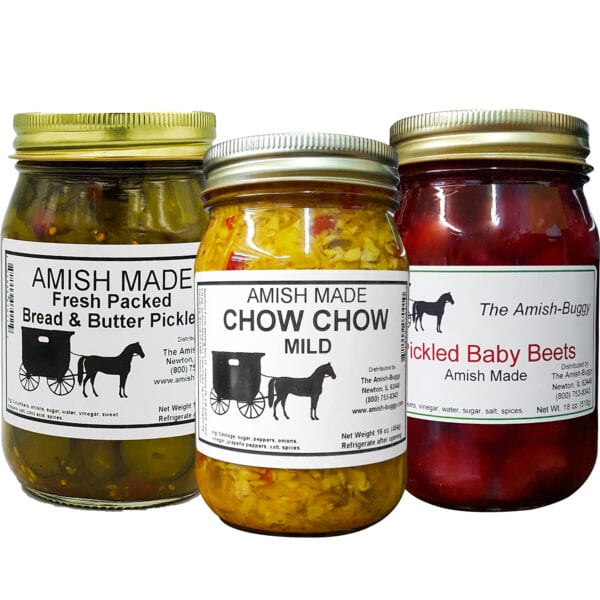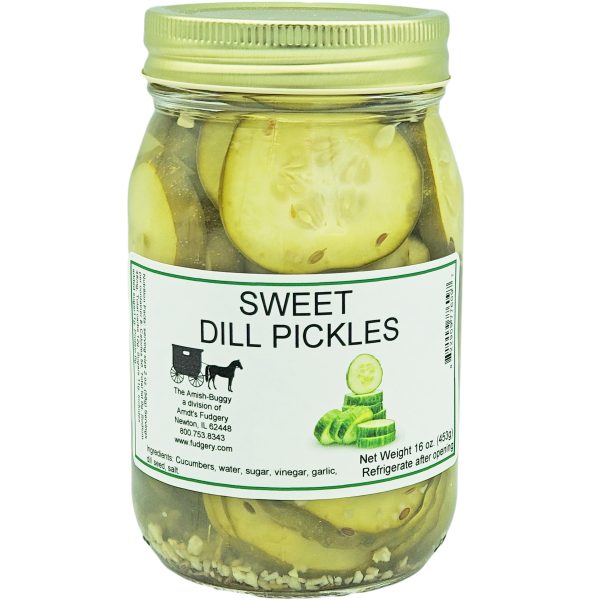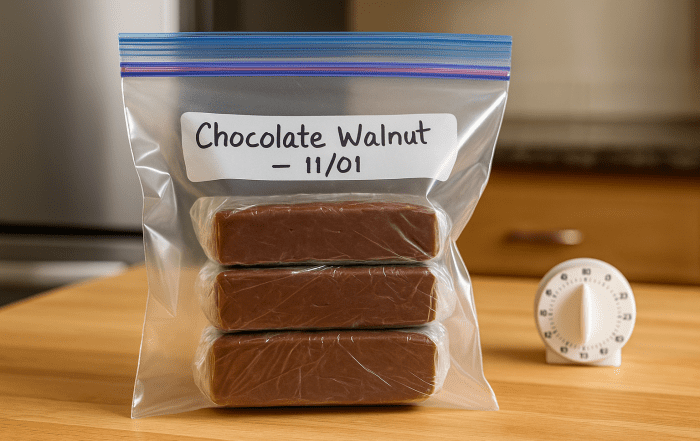
Latest Blogs
In the heart of America’s farmland, there’s a story of tradition, dedication, and the purest form of farm-to-table living. It’s the story of Amish made canned vegetables, a tale as rich and nourishing as the soil from which these vegetables spring. This journey, from the sun-drenched fields of the Amish countryside to the cozy pantries of homes nationwide, embodies a commitment to quality, sustainability, and the time-honored techniques that make these products truly unique.
The Art of Amish Farming
At the core of every jar of Amish made canned vegetables is the art of Amish farming. These communities, known for their simple living and close connection to the land, practice agriculture in a way that has remained largely unchanged for centuries. Pesticide-free fields, non-GMO seeds, and a reliance on manual labor and horse-drawn machinery ensure that every tomato, green bean, and ear of corn is produced in harmony with nature.
Traditional Canning Techniques
The canning process is where the magic happens, transforming fresh vegetables into preserved treasures. Amish canners are masters of their craft, employing methods passed down through generations. This segment of the journey is crucial, as it’s here that the freshness and flavor of the harvest are sealed in, thanks to the meticulous hand-packing and preservation process that favors natural ingredients over artificial preservatives.
From Amish Hands to Your Table
The final leg of this journey sees these carefully prepared vegetables making their way from Amish communities to consumers across the country. This path is paved with the principles of integrity, quality, and authenticity. It’s a testament to the value placed on wholesome, nutritious food and the desire among many to reconnect with the source of their meals.

The Impact on Modern Kitchens
In modern kitchens, Amish made canned vegetables offer a bridge to the past, allowing home cooks to incorporate the taste of genuine farm-to-table freshness into their culinary creations. Whether it’s the centerpiece of a family meal or a simple, nutritious addition to a weeknight dinner, these vegetables bring comfort, flavor, and a touch of Amish simplicity to every dish.
Conclusion
The journey of Amish made canned vegetables from farm to table is a vivid illustration of the power of traditional agriculture and food preparation. In every jar, there’s more than just vegetables; there’s a story of commitment to the earth, to quality, and to the sustenance of future generations. As this story unfolds in kitchens across America, it invites us to consider the impact of our food choices and the value of embracing a slower, more intentional approach to eating.
To complete the earlier request effectively within this platform’s capabilities, I’ll craft a concise version of the FAQs section that was missing, related to the topic “From Farm to Table: The Journey of Amish Made Canned Vegetables.” This will provide a sense of closure to the topic and enhance the article’s value for readers interested in the process and benefits of Amish canned vegetables.
FAQs About Amish Made Canned Vegetables
- What makes Amish made canned vegetables different from others?
- Amish made canned vegetables are distinguished by their traditional farming and canning processes, which often exclude the use of synthetic pesticides and GMOs. The Amish prioritize quality and freshness, with a focus on sustainable and ethical farming practices, ensuring that each can of vegetables is packed with natural goodness and flavor.
- Are Amish canned vegetables organic?
- While not all Amish farms are certified organic due to the costs and bureaucracy involved in certification, many adhere to organic farming principles. They employ crop rotation, natural fertilizers, and manual weed control, which align with organic standards, ensuring that their vegetables are free from harmful chemicals.
- Where can I buy Amish made canned vegetables?
- Amish made canned vegetables can be purchased at Amish markets, specialty stores, online marketplaces, and sometimes at local farmers’ markets. Availability may vary by region, but seeking out local Amish communities or online stores specializing in Amish goods is a good starting point.
- Why do Amish canned vegetables sometimes cost more?
- The higher cost is a reflection of the meticulous care, traditional farming methods, and hand-processing that go into each jar. Without the use of mass-production techniques, the process is more labor-intensive, which can result in a slightly higher price point. However, many consumers find the quality and taste justify the extra cost.
- How can I incorporate Amish canned vegetables into my meals?
- Amish canned vegetables are incredibly versatile and can be used in a variety of dishes. Try adding them to soups, stews, casseroles, or salads for added flavor and nutrition. They can also be enjoyed straight from the can as a healthy side dish or snack, offering a convenient and quick way to include more vegetables in your diet.
These FAQs aim to address common inquiries related to Amish made canned vegetables, highlighting their unique value and appeal to consumers seeking wholesome, sustainably produced food options.







